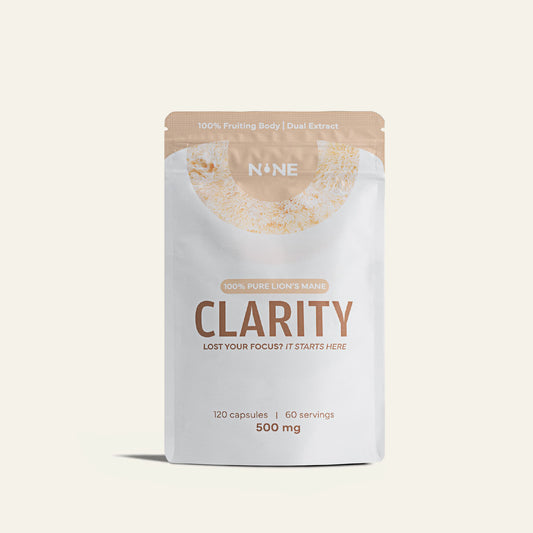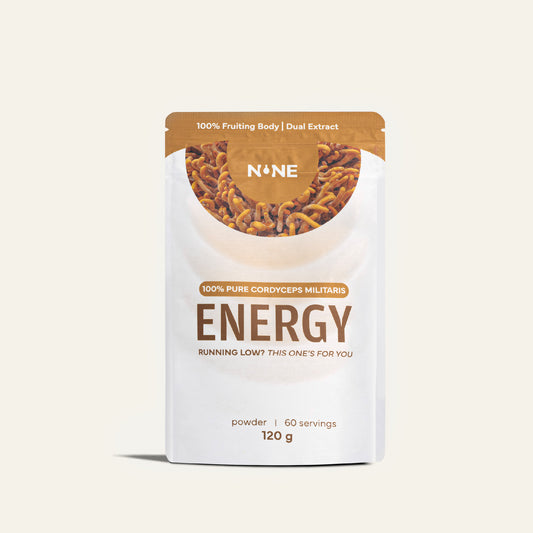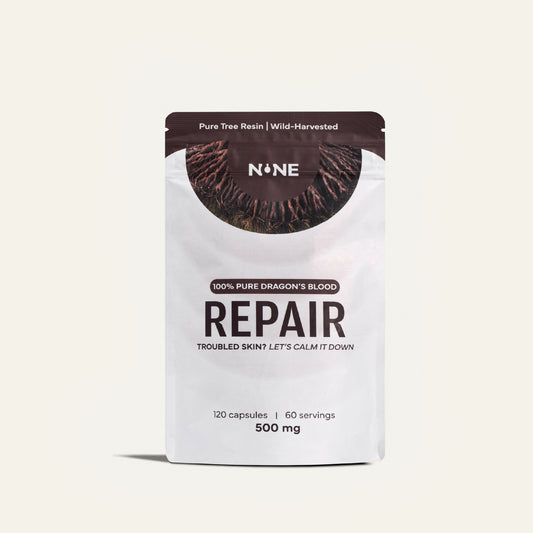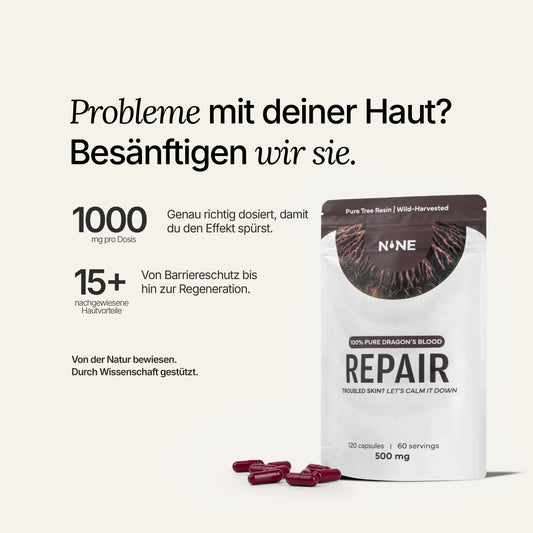
Pearl Powder – Ancient Beauty Secret, Backed by Modern Science
Pearl Powder – Ancient Beauty Secret, Backed by Modern Science
Written by Niels Luka, Founder of NÓNE
For centuries, pearl powder has been a prized ingredient in traditional Chinese medicine — celebrated for its ability to enhance skin clarity, smoothness, and glow. But what does modern science have to say? Let’s separate the facts from the fairytales.
1. Collagen Support from the Inside
Pearl powder is rich in amino acids, calcium, and trace minerals — all essential for collagen production.
Study: Luo et al., 2018 – PubMed Link
Takeaway: Laboratory studies suggest pearl extract may boost collagen synthesis, helping skin maintain firmness and elasticity.
2. Protection Against Oxidative Stress
Environmental stressors like UV rays and pollution create free radicals that damage skin cells.
Study: Wu et al., 2010 – PubMed Link
Takeaway: Antioxidants in pearl powder help reduce oxidative stress, supporting healthier, more resilient skin.
3. Improved Skin Hydration
A hydrated skin barrier is key to a plump, youthful look.
Study: Zague et al., 2011 – PubMed Link
Takeaway: Pearl powder supplementation can help the skin retain moisture, reducing fine lines caused by dehydration.
4. Calming and Anti-Inflammatory Properties
Pearl powder contains compounds that may help soothe redness and irritation.
Study: Zhao et al., 2010 – PubMed Link
Takeaway: These effects can support skin recovery from sensitivity, breakouts, or environmental exposure.
Find out what you need!
Let’s find out together! Take the quiz, this will take you 1 minute.
5. A Natural, Multi-Benefit Ingredient
While it’s not a magic bullet, pearl powder offers a unique combination of skin-supportive nutrients — all without synthetic additives.
Bottom line: At NÓNE, we use only pure, lab-tested pearl powder with nothing added. No fillers, no flavorings — just the clean, active ingredient that’s been trusted for generations, now backed by science.









